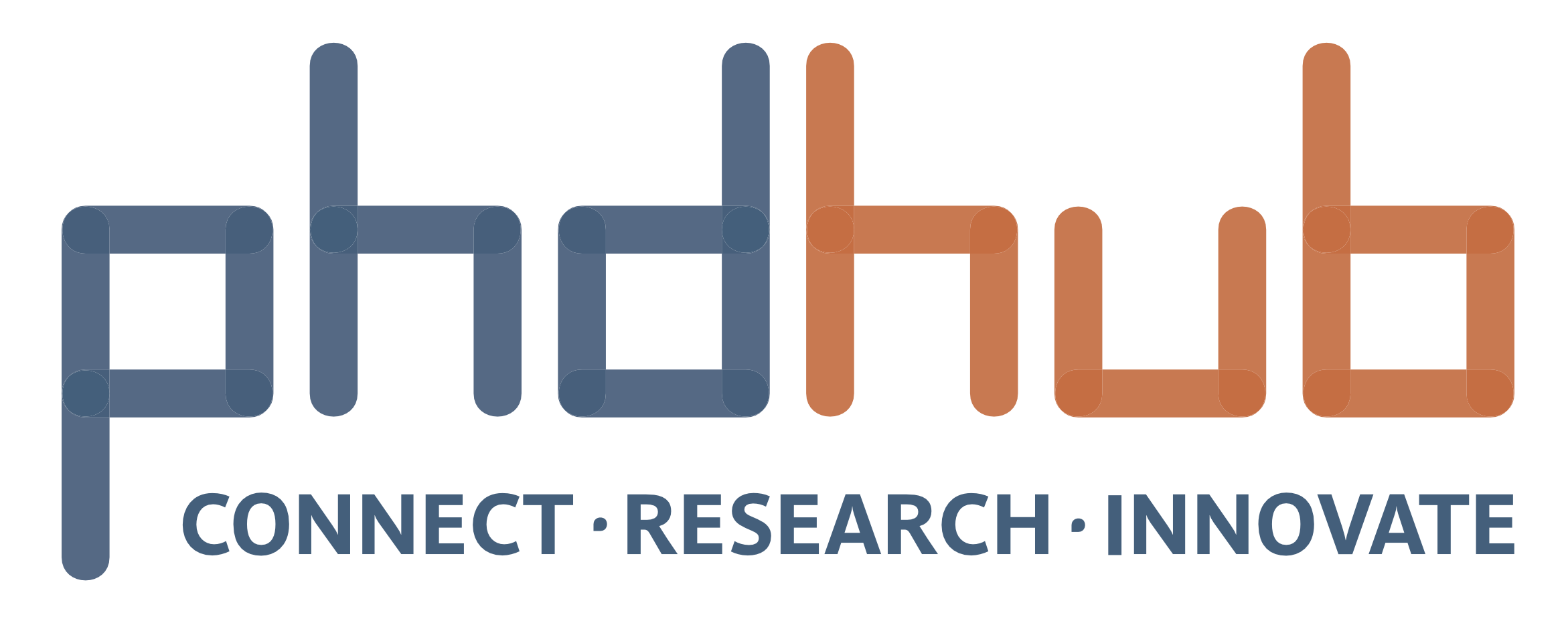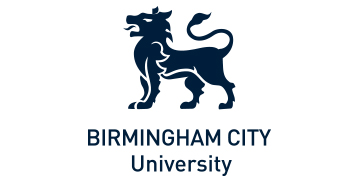-
Overview:
The typical water consumer has low engagement with water, sewerage and related environmental services. This matters, because the water resource context is changing. There are forecast water deficits in some areas and at the same time an increased risk of flooding due to changing weather patterns. To offset this, and support water resilient communities, people are being asked to use less water, but tend to have low understanding of the issues behind this.
While there is low engagement with services, analysis of user generated content on platforms such as Instagram shows that people can have a strong emotional connection with the water environment. For example, people will post images or references to quality times spent in the outdoors enjoying rivers, lakes and bathing waters.Research gap
This shows that water in the environment is for many, linked to a range of positive experiences and emotions. Previous research consistently finds that most people have low levels of understanding about how these fit into a bigger picture of water resources, or that revenue from these services contributes to aspects of the water environment that enhances quality of life and enables water resilient communities.
The study of emotions and how they drive behaviour is established in the fields of psychology, behavioural sciences, and marketing. In terms of brands and marketing, communications have been found to have a greater impact if they make an emotional connection as emotions are known to power decision making. However, the role of emotions does not appear to have been tested in terms of communications in the water sector, to see if this could enhance awareness and engagement with water and sewerage services, and better inform water resilient communities.
The research gap is to identify whether, in the water sector context, communications which seek to establish an emotional connection are effective in terms of increasing engagement, and raising awareness which can lead to behaviour change.Key research questions
Do people generally have a subconscious/emotional connection with the water environment?
If so, what are these emotional connections based on and how are they expressed?
How can this be translated into communications and messages for the water sector, i.e. about water resources, to support water resilient communications and encourage behaviour change?
How well do emotion based communications work in practice, compared to existing examples used by the industry?
How could this be further developed into a rigorous communications testing exercise for water and sewerage services and water resilient communities?
Principal beneficiaries and partners
Water companies and industry stakeholders, consumers, the environment.Person specification
MSc or equivalent professional or research experience in psychology, cognitive psychology or behavioural science. Previous experience in the domain of water and the environment would be desirable.
For international candidates, a valid English language qualification, such as International English Language Test System (Academic IELTS) or equivalent with an overall score of 6.5 with no band below 6.0, must be submitted with your application.References
Cheung, J., Vazquez, D. & Conway, T., (2019), Social Commerce: Consumer Behaviour in Online Environments. Blazquez-Cano, M., Boardman, R., Henniger, C. & Ryding, D. (eds.). 1st ed. Springer
Environment Agency (2019) National Drought Group – EA Chairman’s Statement – March 2019, https://www.gov.uk/government/news/national-drought-group-ea-chairmans-statement-march-2019
Lu, L., Deller, D. and Price, M. (2018) Price and Behavioural Signals to Encourage Household Water Conservation in Temperate Climates, UEA Working PaperHow to apply
The closing date for applications is 23.59 on Friday 28th June 2019.
To apply, please complete the project proposal form and then complete the online application where you will be required to upload your proposal in place of a personal statement.
You can find further details on studying for a PhD and details of how to apply here – https://www.bcu.ac.uk/courses/bsbe-research-degrees-phd-2019-20
Reference: CEBE-RESWATContact
The successful candidate will be supported by an interdisciplinary research team, consisting of Prof David Proverbs, Prof Wenyan Wu, (both from CEBE); and Dr Eirini Mavritsaki and Dr Panagiotis Rentzelas of the Centre for Applied Psychological Research. The project will also draw on industrial support from Severn Trent Water and the Consumer Council for Water. For further information please contact the Director of Studies, Prof David Proverbs, david.proverbs@bcu.ac.uk.Funding notes
The opportunity is open to Home, EU and International applicants who meet the required Birmingham City University eligibility criteria. The PhD studentship includes a full stipend, paid for a period of 3 years at RCUK rates (in 2019/20 this is £15,009 pa) and fees at Home/EU rate. This studentship is available for September 2019 start and no later than February 2020. International applicants are eligible to apply for this studentship but must meet the shortfall on fees between Home/EU and International rate. -
Duration: 36 Months
Expired

